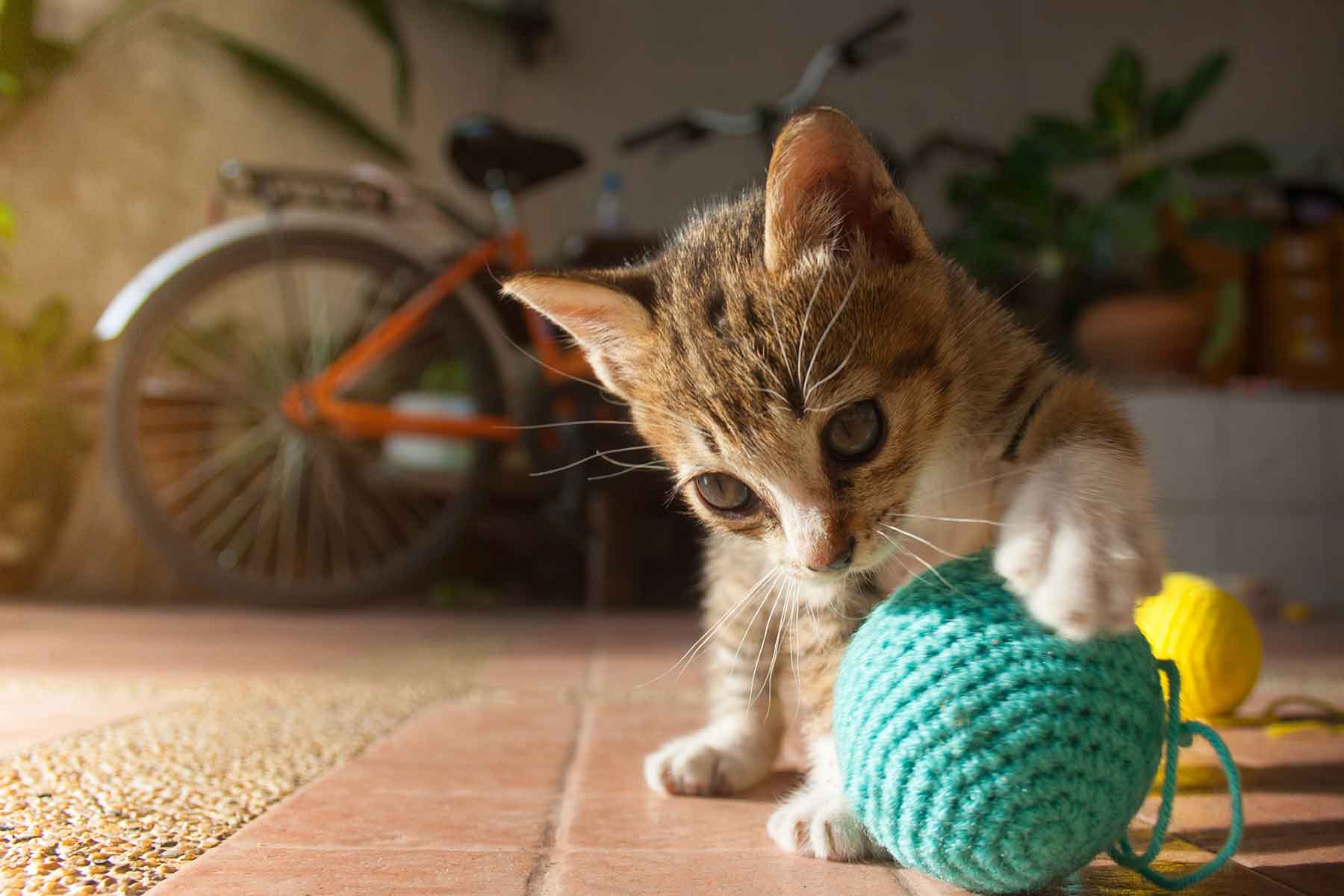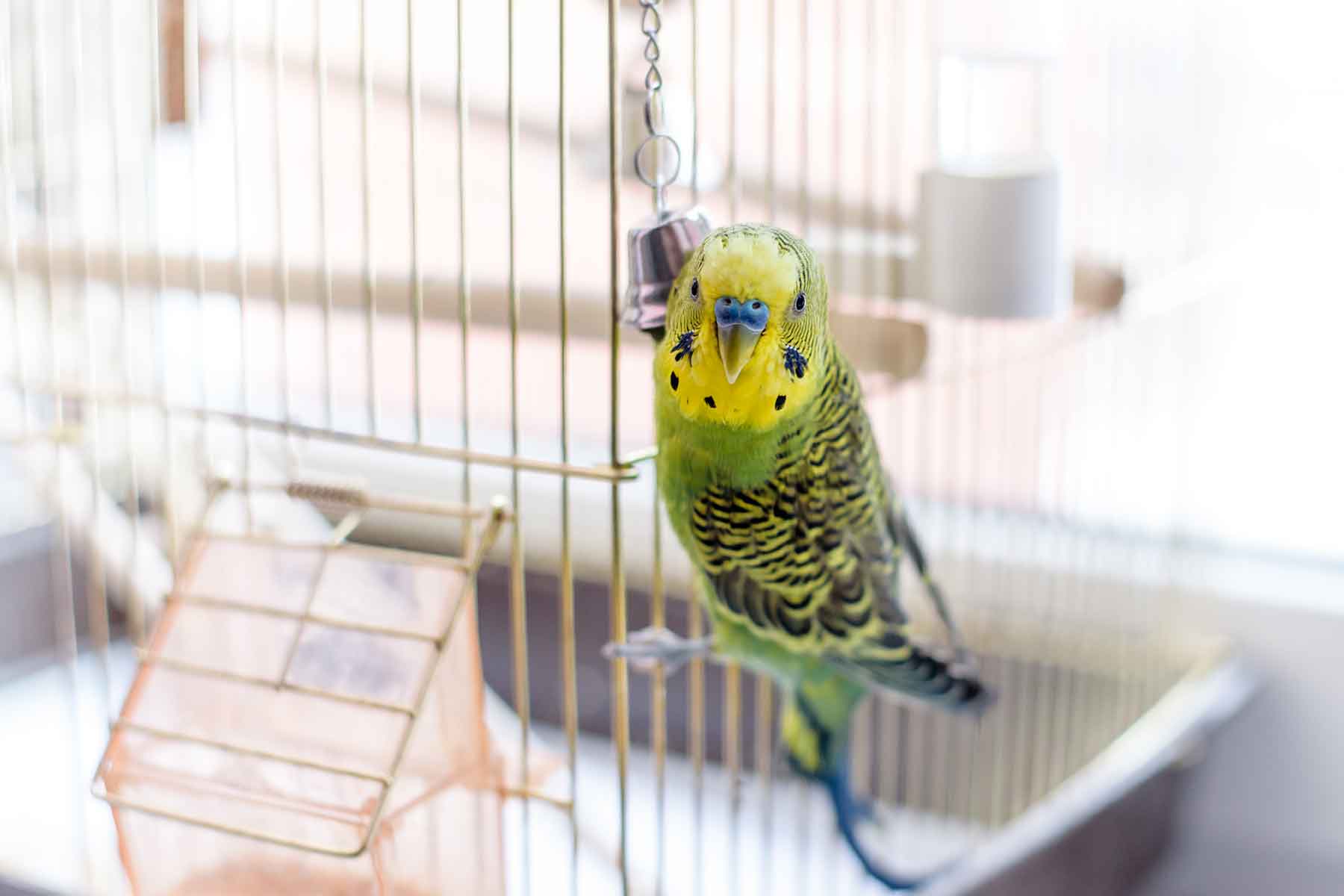Zoonotic diseases are those that can be passed from animals to people (like ringworm) and include diseases that infect both people and pets (like giardia). Our pets provide us with many benefits including comfort and companionship. Research has shown that people who own pets are healthier and live longer. Healthy pets can only enhance our lives and do not pose a health risk for us.
Measures to keep safe
There a few simple measures that will make sure you and your family remain safe from the risk of any infection.
- Make sure your pet stays healthy with twice yearly wellness checks and 3 monthly worming.
- Wash your hands often when touching, playing with or caring for your pet
- Encourage good hygiene habits in children. Encourage them to wash their hands regularly, especially before eating and after handling pets or toys. Encourage them to wear shoes outdoors.
- Avoid contact with animal faeces, use disposable gloves or plastic bags to pick up and dispose of promptly.
- Avoid kissing your pet or letting it lick your face.
- Bath and groom your dog regularly
- Keep your pets bedding and environment clean.
- Wash your hands after gardening or working in soil or sandpits.
- If you are pregnant, avoid cleaning a cat’s litter box
- Prevent children playing where soil may be contaminated.
Zoonotic diseases of concern
Ringworm
This is a fungal disease that is picked up by direct contact with affected animals or by direct contact with hair that has been shed from an infected animal. Children and young animals are most susceptible and simple hygiene measures are protective. Learn more about ringworm.
Giardia
This is a protozoan organism that causes diarrhea stomach cramps and nausea. It is most commonly contracted by drinking infected water but may also be picked up by contact with infected animals or soil. Simple hygiene measures are protective. Learn more about giardia.
Cat scratch disease
Also known as cat scratch fever. This is a flea-borne infection and is typically transmitted from a cats scratch or bite. Signs include local swelling swollen lymph nodes and fever. Prevention is by flea control and avoidance of any scratches and bites.
Worms
Intestinal parasites of dogs and cats such as roundworms, hookworms and tapeworms may cause serious infection in people, especially children. Infection is from contact with animal faeces or contaminated soil. 3 monthly worming of dogs and cats and simple hygiene measures are protective.
Bacterial Diseases
Salmonella and Campylobacter are serious bacterial infections that can be contracted from the faeces of infected animals. Cats and dogs are likely to become infected from eating raw contaminated meat or offal. Simple hygiene measures and correct feeding are protective.
Toxoplasmosis
This is a protozoan infection that may cause potentially serious infection to pregnant women and people with compromised immune systems. Cats usually shed the organism in their faeces for a short time just once in their life. People most commonly become infected by handling raw meat or eating under cooked meat. The rate of infection in the community is 30 – 50%. Simple hygiene measures around cats and raw meat are protective. Learn more about toxoplasmosis.
Chlamydiosis
This is a bacterial disease that can be caught from birds. It causes flu like symptoms in people and is picked up by direct contact with or inhalation of dried bird secretions. Birds can carry the infection without appearing sick therefore great care must be taken when rescuing injured native or wild birds, as they may be a source of the disease. Good hygiene measures are necessary to avoid the infection.
Keeping your pet healthy
Remember that healthy pets means healthy people. The ways to make sure your pet stays healthy are:-
- Regular (twice yearly) wellness checkups and annual vaccination.
- Three monthly worming
- Monthly flea control
- Clean drinking water and healthy food
- Avoiding contact with unhealthy animals & their urine or faeces.











